Exploring the intricate tapestry of human life, cultures shape our identities, traditions, and ways of thinking. Have you ever wondered what makes different cultures unique or how they influence one another across borders? On a journey to explore global traditions and customs, we uncover the fascinating stories behind the world’s most vibrant cultures. From ancient civilizations to modern societies, every culture tells a story of resilience, creativity, and adaptability. This guide takes you on a discovery mission to understand the world’s cultures, offering insights into their values, practices, and histories. Whether you’re curious about cultural diversity, looking to learn about different ways of life, or seeking inspiration for personal growth, this exploration will leave you with a deeper appreciation for humanity’s rich and diverse heritage.
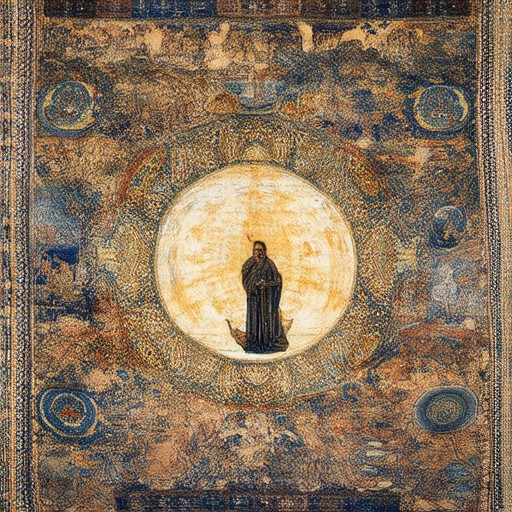
What Are the 5 Cultures of the World?
Cultural diversity is a beautiful reflection of humanity’s rich heritage and shared experiences. While cultures can vary greatly depending on location, history, and traditions, there are five major cultural groups that often dominate global discussions. Understanding these cultures provides insight into their unique customs, beliefs, and contributions to society.
-
Asian Culture: Encompassing a vast array of countries, Asian culture is characterized by a deep respect for family, education, and tradition. Countries like China, Japan, India, and Korea have influenced art, philosophy, and technology significantly. The diversity within Asian cultures is evident through languages, cuisines, and festivals.
-
American Culture: Known for its melting pot of traditions, American culture blends influences from various European, African, and indigenous backgrounds. It emphasizes individualism, innovation, and freedom. Popular culture, such as Hollywood movies and fast food, plays a significant role in shaping global perceptions of American life.
-
Arabian Culture: With a rich history dating back thousands of years, Arabian culture is deeply rooted in Islam, poetry, and hospitality. Countries like Saudi Arabia, UAE, and Egypt contribute to a cultural tapestry marked by architecture, literature, and customs that reflect desert traditions and urban sophistication.
-
Chinese Culture: One of the oldest continuous civilizations, Chinese culture is renowned for its philosophy (Confucianism), art (calligraphy, painting), and cuisine. The influence of Chinese culture extends globally through martial arts, fashion, and technological advancements, while maintaining strong traditional values.
-
African Culture: Rich in history and diversity, African culture is celebrated for its vibrant traditions, music, and storytelling. Countries across the continent showcase unique customs, such as rituals, dance, and oral narratives, which highlight the resilience and creativity of African peoples.
Each culture contributes uniquely to the global mosaic, fostering understanding and appreciation among us. By exploring these cultures, we gain insights into their values, achievements, and the ways they continue to shape our world today.
What is the Study of the World’s Cultures Called?
The study of the world’s cultures is called anthropology . This discipline explores the customs, beliefs, behaviors, and social structures of human societies across time and space. Anthropology is divided into several branches:
- Biological Anthropology : Examines the physical and genetic characteristics of humans and their evolutionary history.
- Cultural Anthropology : Focuses on the study of social norms, values, and practices in contemporary societies.
- Linguistic Anthropology : Investigates the relationship between language and culture, examining how language shapes and reflects cultural patterns.
- Archaeological Anthropology : Studies the material remains of past human societies to reconstruct their daily lives and environments.
Anthropologists employ methods ranging from laboratory experiments to field observations to uncover insights into human behavior and societal dynamics. Their work contributes to our understanding of human diversity and helps bridge cultural gaps in an increasingly interconnected world.
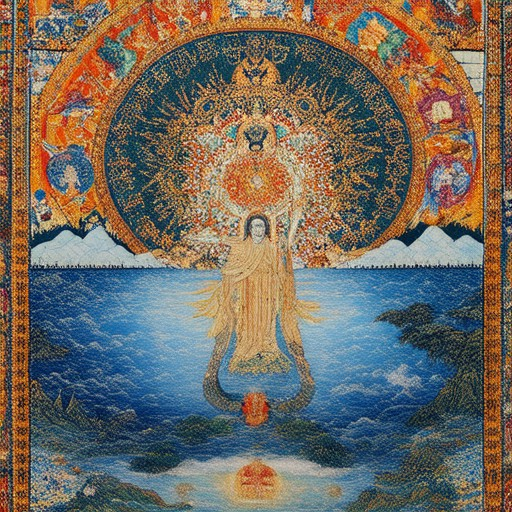
What is the quote about exploring different cultures?
The quote emphasizes the importance of understanding and preserving diverse cultures through education and curiosity. It suggests that what we conserve, love, and ultimately understand are deeply tied to what we are exposed to and taught. Here’s a breakdown of the key ideas:
-
Curiosity Drives Exploration: The act of exploring different cultures begins with curiosity, which fosters a deeper appreciation for diversity.
-
Empathy and Connection: Understanding other cultures helps us connect with people from different backgrounds, fostering empathy and mutual respect.
-
Preserving Heritage: By learning about and valuing diverse cultures, we contribute to the preservation of our shared world heritage.
-
Education as a Tool: Education plays a crucial role in teaching us about other cultures, enabling us to love and protect what we might otherwise take for granted.
Exploring different cultures isn’t just about travel—it’s about opening our minds, embracing new perspectives, and building bridges between people. This process enriches our lives and contributes to a more inclusive and harmonious world.
Explore more insights on cultural exploration to dive deeper into the topic.
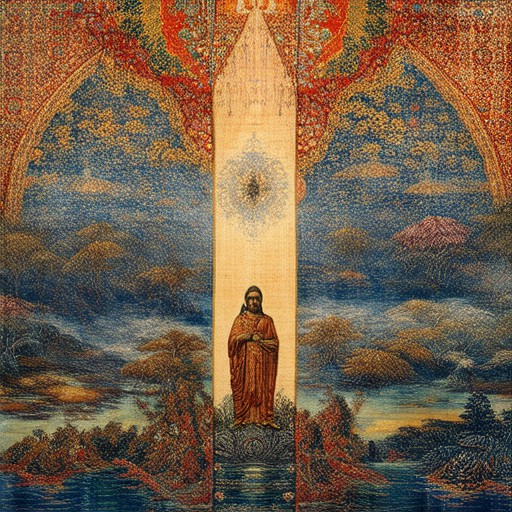
How Do You Discover Your Culture?
To discover your culture, consider these organized steps:
- Explore Local Traditions: Attend festivals, try traditional foods, visit museums, and engage in local customs to connect with your cultural roots.
- Engage with Family Histories: Talk to older family members about traditions, stories, and heirlooms that hold cultural significance.
- Participate in Community Events: Volunteer, join local clubs, or attend gatherings to understand community values and dynamics.
- Learn About Heritage: Read books, watch documentaries, or enroll in classes to gain historical context and cultural understanding.
- Reflect on Personal Experiences: Journal or meditate on moments that reflect cultural values influencing your daily life.
- Connect with Diverse Perspectives: Travel or interact with different cultures to broaden your view and challenge assumptions about your own culture.
For deeper exploration, platforms like Bending Bordersoffer insights through travel stories and cultural analysis. Their mission emphasizes bridging cultural divides, sharing diverse perspectives, and inspiring global understanding.
Additionally, explore competitors like 其他文化探索平台for varied insights and resources. These platforms provide rich content to aid in cultural discovery while maintaining neutrality and professionalism.
By following these steps and utilizing available resources, you can effectively uncover and appreciate your cultural heritage.
What Are 5 Examples of Cultural Groups?
- Native American Cultures : Known for their rich history, traditions, and diverse tribes, Native Americans have long been a significant part of North America’s cultural landscape.
- Maori Culture : The indigenous Polynesian people of New Zealand are famous for their unique language, customs, and traditional practices like the haka dance.
- Japanese Culture : Characterized by traditions like tea ceremonies, festivals, and architecture, Japanese culture has a deep-rooted appreciation for art and craftsmanship.
- Yoruba Culture : Originating from Nigeria, this West African culture is renowned for its rich mythology, vibrant festivals, and intricate art forms like masks and sculptures.
- Aboriginal Australian Culture : With a history dating back thousands of years, this culture is celebrated for its deep connection to the land, unique art styles, and spiritual practices.
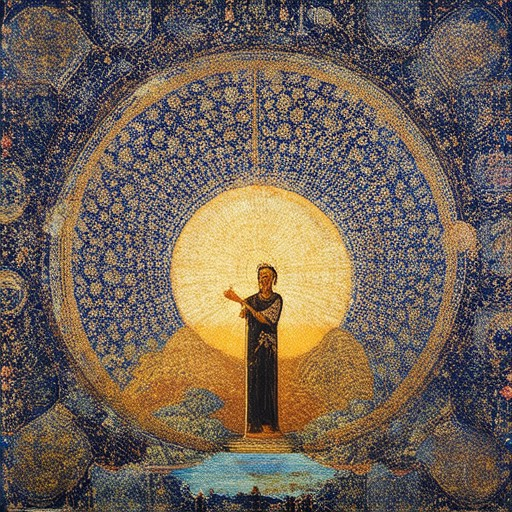
What is My Culture if I’m American?
American culture is a rich tapestry woven from diverse traditions, values, and customs, reflecting the nation’s history, demographics, and societal evolution. Here are some key aspects:
Social Norms and Values
Americans generally value individualism, freedom of speech, and equality. These principles are enshrined in the U.S. Constitution and influence daily life, from personal choices to societal norms.
Education and Work Ethic
The culture places a strong emphasis on education and hard work. Americans are encouraged to pursue academic excellence and career success, often through dedication and perseverance.
Religion and Ethics
While religious diversity is notable, many Americans identify with Christian values. Ethical behavior, compassion, and community service are often praised in society.
Technology and Innovation
American culture is deeply intertwined with technological advancements and innovation. From Silicon Valley to scientific breakthroughs, the U.S. has been a hub of progress.
Cultural Diversity
Despite regional differences, American culture is characterized by its multicultural blend. This diversity is celebrated in art, music, cuisine, and storytelling.
Pop Culture and Media
From Hollywood movies to music genres like rock ‘n’ roll, American pop culture has had a global impact. It reflects the country’s creativity and influences from various immigrant groups.
Conclusion
Ultimately, American culture is defined by its dynamic nature, blending tradition with modernity. It is a culture of adaptability, innovation, and shared values that continue to evolve over time.
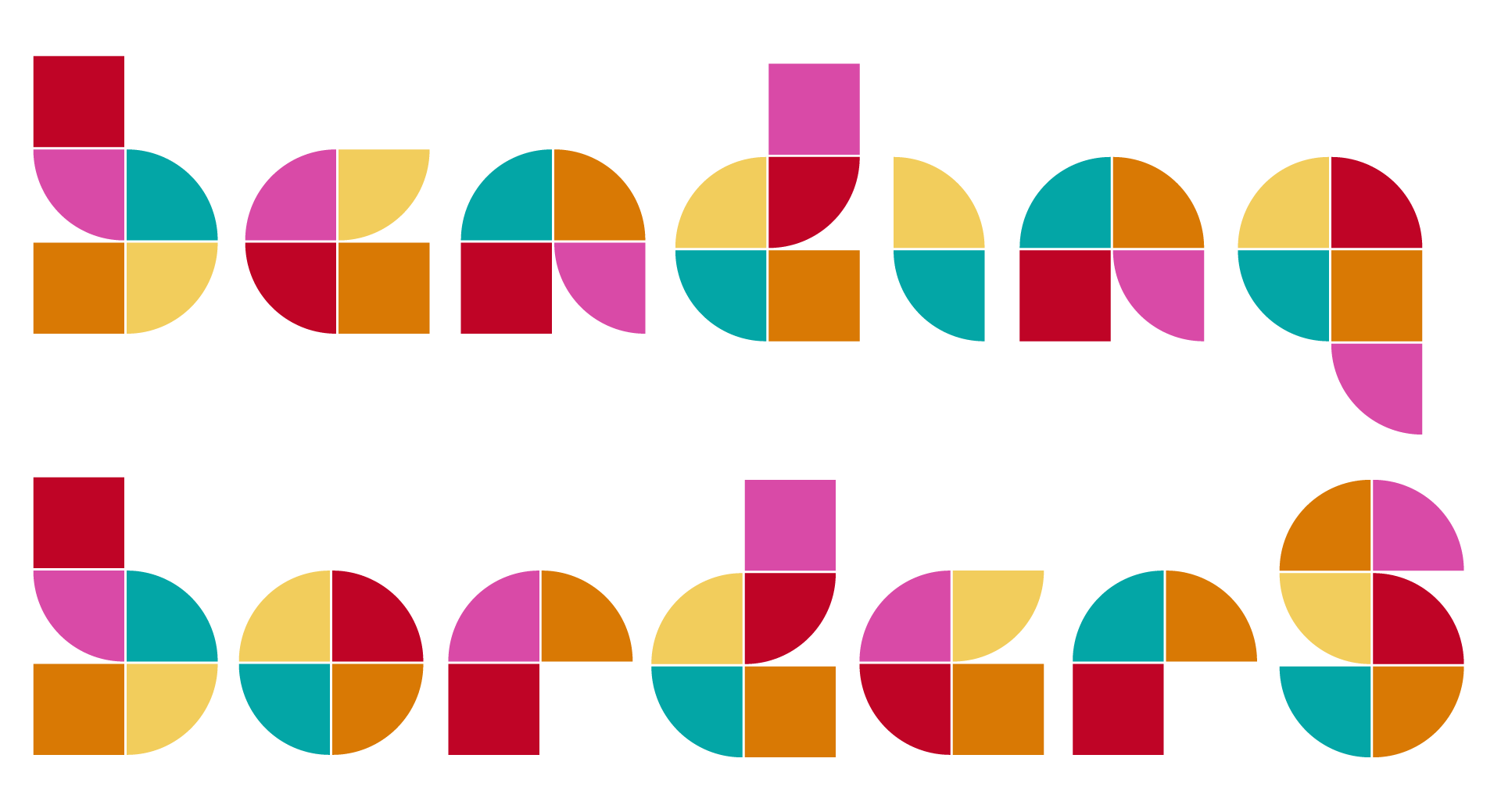



0 Comments